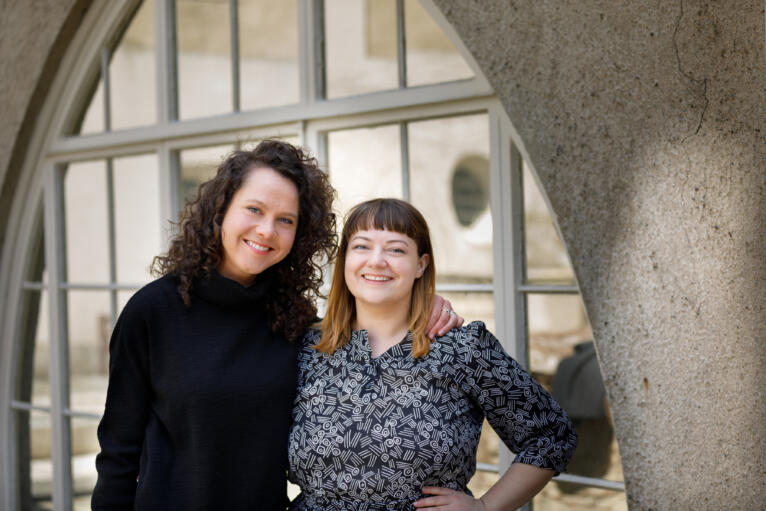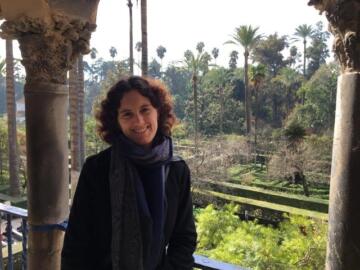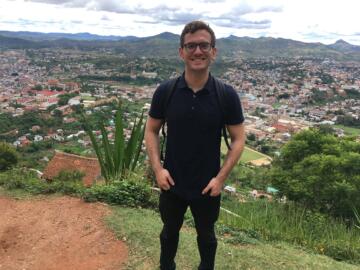When COVID-19 restricted travel and closed archives around the world, many graduate students could not conduct research in Europe which was critical to their dissertations. Recipients of CES’s dissertation grants were no exception. CES, therefore, stepped in and announced new Disrupted Dissertation Grants to help graduate students resume travel and access important resources needed to advance their research during the pandemic. To date, CES has granted funding to 14 graduate students from five disciplines.
Elena Ayala-Hurtado (Sociology) – "This isn't quite what I expected": Insecurity and young college graduates in the United States and Spain
Hannah Cohen (Art, Film and Visual Studies) – The art of technics: Agents of aesthetic production, 1966 - present
Aniket De (History) – Federalism in empire: Britain, Germany and India, 1919-1947
Nathan Grau (History) – France's forgotten soldiers: Local paramilitaries on the frontlines of decolonization
Hanno Hilbig (Government) – Fiscal shocks, political accountability, and voter reactions on the municipal level
Jacobé Huet (History of Art and Architecture) – White cubes, European modernism, and Mediterranean vernacular
Aden Knaap (History) – Judging the world: International courts and the origins of global governance, 1899–1966
Lorenzo McClellan (History) – The autumn of high modernism
Alex Mierke-Zartwarnicki (Government) – Political parties and the crafting of identity-based politics
Noah Pinkham (History) – Imperial brothers: Fraternity in the French colonial empire, 1763-1848
Rephael Stern (History) – Afterlives of empire: Postcolonial state formation, 1939-1967
Briitta van Staalduinen (Government) – Ethnicity and social mobility in European welfare states
Christopher Williams-Wynn (History of Art and Architecture) – Critical systems: Conceptual art in a global information age, 1968-1980
Ye (Helen) Zhang (Government) – Midas' curse: The politics of decline in Western European leading economies
Note: This list is complete as of March 4, 2022.






